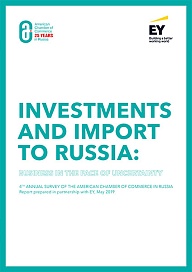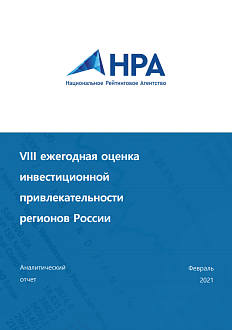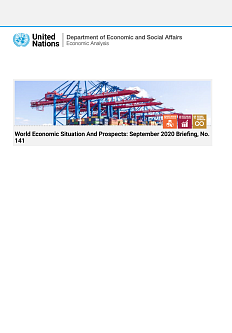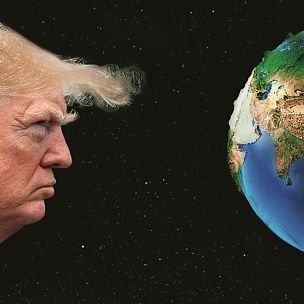Investments and Import to Russia: Business in the Face of Uncertainty
Download
The fourth annual survey devoted to prospects for direct investments and bilateral trade between Russia and the USA. The purpose of the survey is to show the real scale of bilateral investment and trade between Russia and the US. 75 American companies took part in the survey out of over 500 members of the organization. The survey was conducted by the American Chamber of Commerce in Russia in partnership with EY in March and April 2019. This report is based on the results of the survey, publicly available information and official statistics. The target audience is executives of American companies operating in Russia and government officials of the two countries.
Russia is a strategic market for most survey participants. Geopolitical tensions create uncertainties for business, making it prudent to focus on the manageable issues during these times. Sanctions have a negative impact on the business in Russia in the opinion of 85% of the survey participants. For a third of them the negative impact is, primarily, the contraction of the Russian market.
Business climate continues to be a barrier for investment growth. Measures taken by Russia’s government will play an important part in creating a better business environment. Despite the external constraints, the total number of the US companies planning to launch a new project in Russia has increased, with 79% of the survey participants stating such plans. Official statistics underestimate the actual level of trade and economic relations between Russia and the US. Bilateral investment figures collected as a result of the survey are approximately 6 times higher than the official values.
Russia — US: Economic Cooperation in Turbulent Times
Download
Despite the secondary role that economic ties have traditionally played in U.S.—Russia relations, the confrontation that has been raging since 2014 (and is likely to continue for a long time to come), and the sanctions, the United States is and will remain an important economic partner for Russia for the foreseeable future.
Despite the sharp collapse of economic relations between Russia and the United States in 2014–2015, on the whole, they withstood the stress test of the confrontation and sanctions and in many ways have adapted to the deteriorating political situation. There was a noticeable increase in trade turnover between the two countries in 2017 (by $4 billion, according to official statistics), as well as an increase in the volume of accumulated U.S. investments in Russia (by $1 billion, according to the Central Bank of Russia). Russia’s accumulated investments in the United States had already grown a year earlier. The positive trend continued in 2018.
Against the backdrop of the confrontation between the United States and Russia and the further strengthening of the U.S. sanctions, economic relations in strategically important sectors (aviation, space and, to a certain degree, mechanical engineering) will be drastically reduced to the minimum necessary «core.» Each party will strive to produce products and components that are vital to their security independently, or in cooperation with friendly partners. This «shrinkage» will be targeted in nature and will not be characteristic of the general picture of economic relations between Russia and the United States as a whole.
The sanctions affect an ever-smaller part of the palette of trade and economic relations between Russia and the United States, as they are focused primarily on the financial, energy and defense sectors. The sanctions do not affect such areas as household goods, the fast food industry, public catering, the automotive industry and aircraft manufacturing, and they are not likely to in the observable future, so cooperation in these areas will continue.
It would make sense to continue cooperation with the United States in the areas that bring commercial benefits, are not considered to be a security threat and are not prohibited by sanctions, but with the understanding that this cooperation could «shrink» as an indirect consequence of the sanctions regime. In this regard, it is necessary to continue to develop alternatives.
It is necessary to depoliticize economic relations with the United States that remain and not position them as a means of improving political relations. It would be wise to create an infrastructure that helps Russian and American companies comply with the U.S. sanctions regimes and feel confident doing business within the confines of them. Creating mechanisms to protect economic relations with third countries from the extraterritorial sanctions of the United States is an absolute priority.






